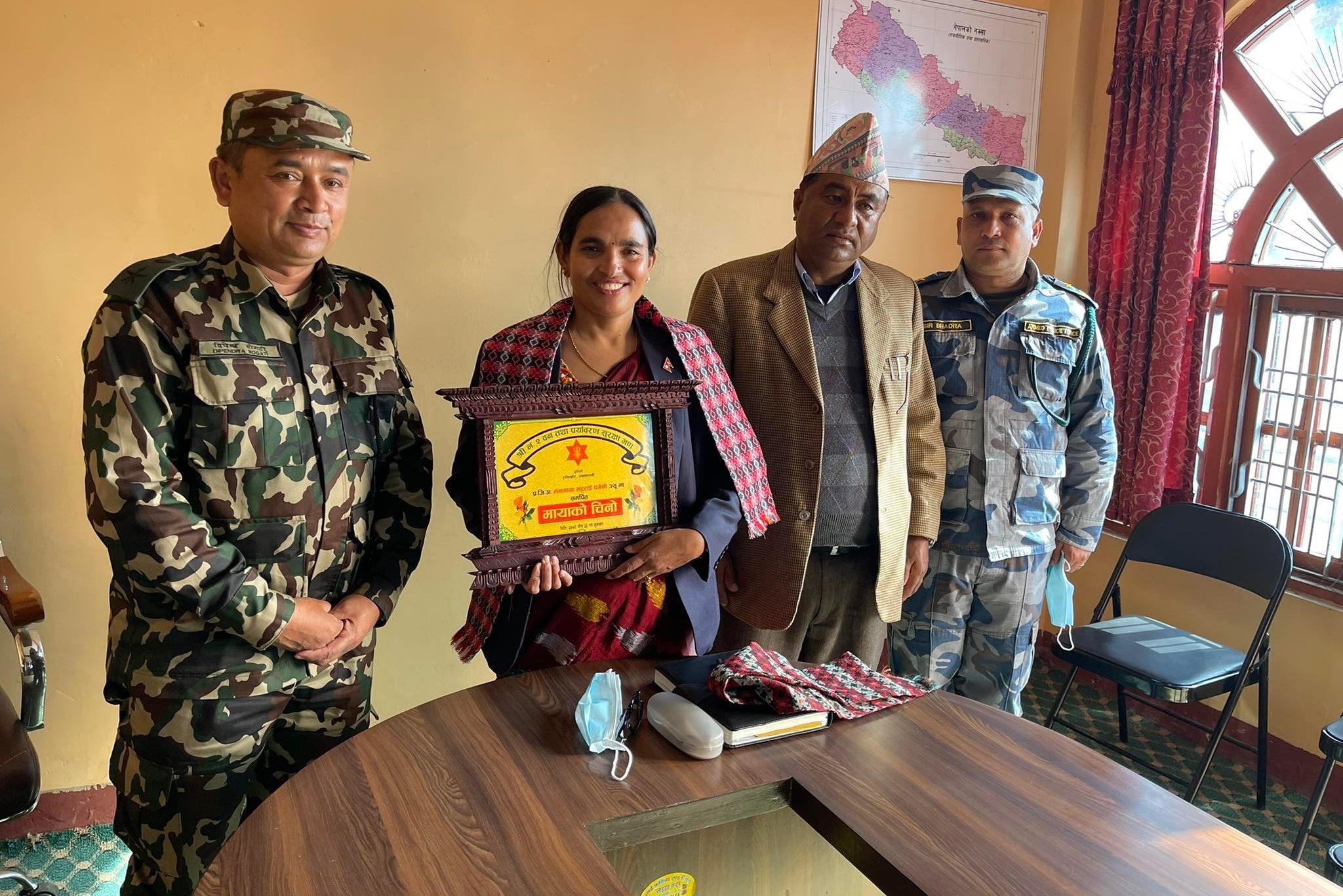NEWS
Including the excluded in the bureaucracy
March 13, 2022

IN BRIEF
Let’s face it, Nepal’s civil service is not held in very high regard by Nepalis themselves. But in the past seven years after the affirmative action policies of the new Constitution, there are signs that the bureaucracy is more inclusive and efficient. Take Manmaya Bhattarai Pangeni, who entered Nepal’s civil service as a junior branch officer in 2006. She rose up the ranks, serving as Chief District Officer (CDO) of Nawalparasi and is now secretary at the Gandaki Province Chief Minister’s office. As CDO, Pangeni was committed to curbing illegal sand extraction and quarrying that worsened floods in the district. Serious crime, including violence against women, went down during [...]
SHARE
Share This Story, Choose Your Platform!
